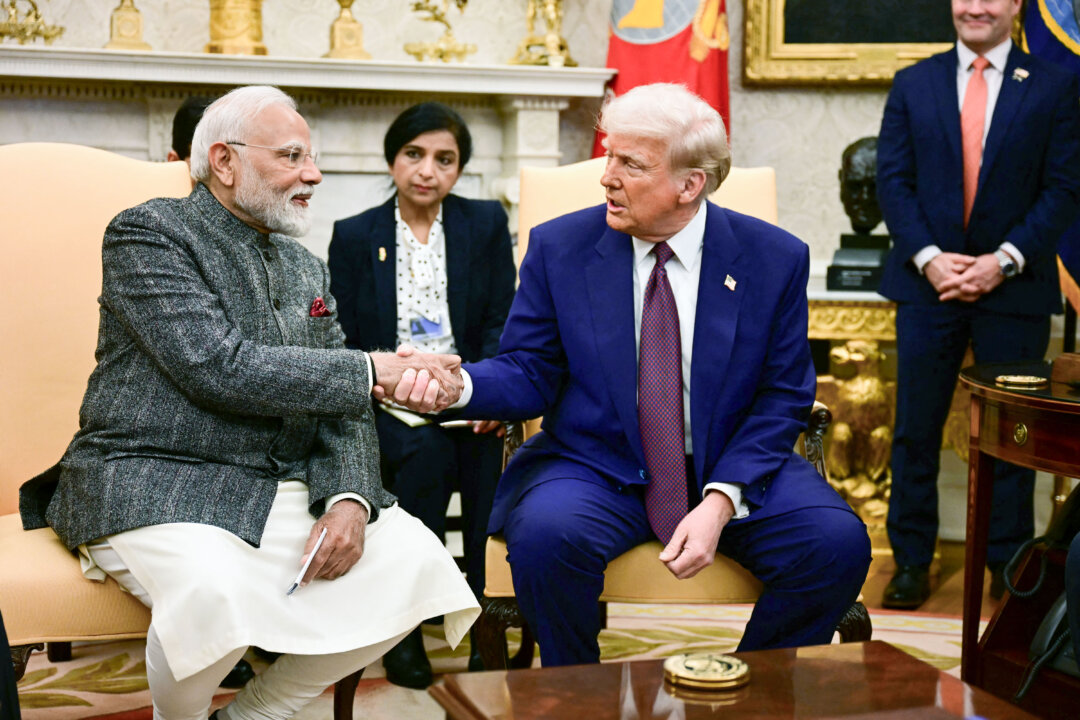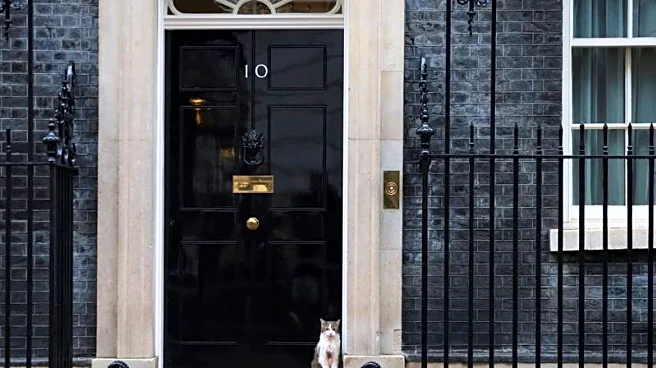In a significant stride toward bolstering international trade relations, President Donald Trump has successfully negotiated a pivotal trade agreement with Indonesia. This deal alleviates previously looming
Did You Know
Scotland's national animal is the unicorn.
?
AD
threats of a 32% tariff on Indonesian imports, instead imposing a reduced rate of 19%. This calculated move not only showcases the administration's commitment to maintaining positive trade partnerships but also signals a strategic effort to enhance U.S. agricultural exports. Under the agreement, Indonesia commits to purchasing a remarkable $4.5 billion worth of American agricultural products, reinforcing the importance of the agricultural sector in this trade equation.
The broader context surrounding this agreement reveals an urgent flurry of diplomatic activity as Trump seeks to solidify similar trade deals with other nations. Most notably, the administration has indicated that a trade pact with India is close to being finalized, which could reshape economic relationships in the region. Additionally, the prospect of reaching an agreement with the European Union has surfaced, as negotiations intensify to avert a potential 30% tariff increase on U.S. exports. The interconnectedness of these trade discussions underscores the administration's comprehensive approach to international commerce amid the complexities of global supply chains.
However, the path to this agreement was not without its challenges. Indonesia's President Prabowo Subianto described the negotiation process as a "grueling" endeavor, indicative of the intricate dynamics that characterize international trade discussions. With critical deadlines looming for additional tariff increases, the urgency behind these negotiations is palpable. As the Trump administration maneuvers through this intricate web of global trade agreements, the potential to reshape the landscape of international commerce remains high, positioning the U.S. as a formidable player on the global stage.
Q&A (Auto-generated by AI)
What are the key points of the India deal?
The key points of the trade deal between the US and India revolve around reducing tariffs and enhancing trade relations. President Trump indicated that the US is very close to finalizing this agreement, which aims to facilitate smoother trade exchanges and possibly lower import duties on various goods. The discussions also suggest potential agreements with Europe, indicating a broader strategy to strengthen US trade ties globally.
How do tariffs affect international trade?
Tariffs are taxes imposed on imported goods, which can raise prices for consumers and reduce demand for foreign products. They are often used to protect domestic industries from foreign competition. High tariffs can lead to trade wars, as seen in recent US-China relations, where retaliatory tariffs escalated tensions. Conversely, lowering tariffs can stimulate trade by making imports cheaper and fostering better international relations.
What historical context influences US trade policy?
US trade policy has evolved significantly since the post-World War II era, focusing on promoting free trade through agreements like NAFTA and the WTO. However, recent administrations have shifted towards protectionism, emphasizing national interests and job preservation. Historical events, such as the Great Depression and the 2008 financial crisis, have shaped policies to safeguard American industries and workers from global economic fluctuations.
What are the potential impacts of EU tariffs?
Potential EU tariffs on US goods could lead to increased prices for consumers and reduced competitiveness for American exporters. The EU has expressed concerns over proposed high tariffs by the US, which could trigger retaliatory measures. Such actions can strain transatlantic relations and disrupt supply chains, impacting sectors like agriculture and manufacturing, which rely heavily on exports to Europe.
How does the US trade deal with Indonesia compare?
The US trade deal with Indonesia involves a significant reduction in tariffs from a threatened 32% to 19%, aimed at fostering bilateral trade relations. This deal, announced by President Trump, contrasts with ongoing negotiations with India and Europe, highlighting a more assertive US approach to securing favorable terms. The focus on agricultural purchases from Indonesia also underscores the importance of trade in food products in US foreign policy.


:max_bytes(150000):strip_icc()/WhiteHouse-2000-251df9c5b90d4c7da5a9226a5c8f9dac.jpg)











